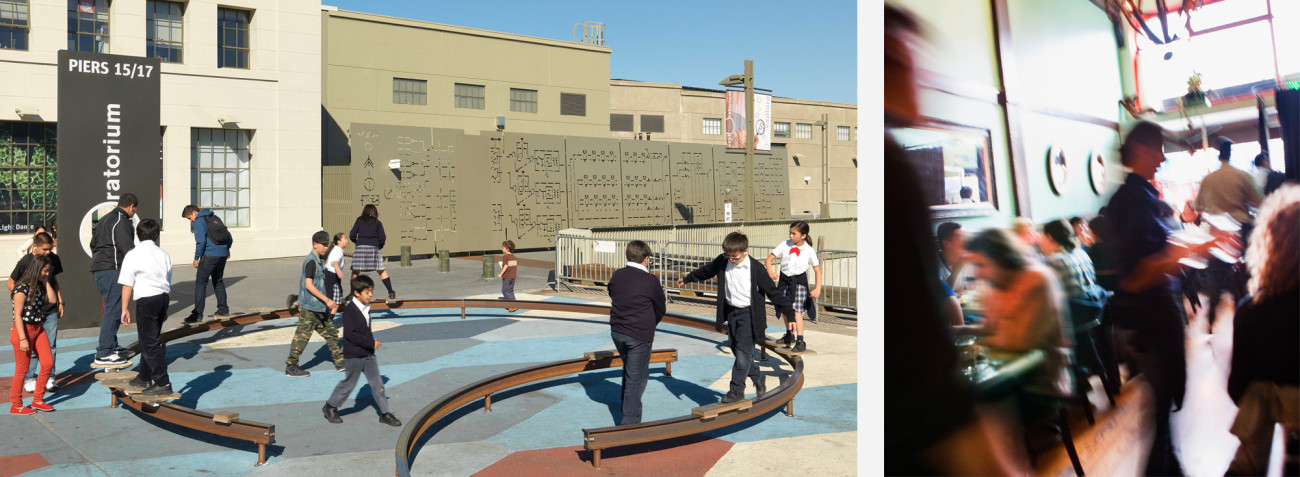Plans to build an NFL-caliber stadium in Inglewood — a well-guarded secret just weeks ago — are moving at lightning speed and could get approval from city leaders as soon as at a Feb. 24 council meeting..
Election officials confirmed Thursday there are more than enough valid signatures to put the project on the June ballot, but the Inglewood City Council also has the option to approve the plan for an 80,000-seat venue outright, a course that appears likely.
Approval is required to amend existing plans for the 238-acre Hollywood Park site to include the football stadium. Skipping a public vote could save the city money — about $110,000 for an election, officials said — as well as time.
Inglewood Mayor James T. Butts Jr. said he’s waiting to hear the results of economic and environmental reports before making a decision. Those reports are expected to be presented at the council meeting.
“I’m leaning toward whatever would get us down the road the fastest,” Butts said.
Hollywood Park Land Co. — the development company that includes St. Louis Rams owner Stan Kroenke — said it hoped to break ground on the project by the end of the year. Officials close to the project have expressed hope that the stadium plan is a first step toward bringing back an NFL team to the Los Angeles area.
The developers proposed zoning changes for the stadium through a ballot initiative, which would allow them to skip lengthy reviews that civic and environmental activists say protect surrounding neighborhoods.
City officials said environmental studies were performed on the land in 2009, before the stadium was added to the project.
Last month, organizers filed 22,183 signatures, twice as many as needed to put the initiative on the ballot. The Los Angeles County registrar’s office verified 11,490 signatures, surpassing the 9,000 needed to move forward, Inglewood City Clerk Yvonne Horton said.
Butts, who endorses the project, said he was not surprised.
“It has been clear to me from the beginning that the community support for this modification is popular by an overwhelming number of the populace,” he said.
The developers proposing the stadium — who financed signature-gathering for the ballot measure — said they were happy with the results.
“The citizens really have spoken for this. We’re elated,” said Gerard McCallum, a spokesman for the project. “We’re happy the process is now in place.”
Both McCallum and Hollywood Park Senior Vice President Chris Meany said they had no preference on whether the issue goes up for a public vote or is adopted by the council. That’s a decision for city officials, Meany said.
Either way, they’re aiming to start work on the stadium in December, well before the NFL is expected to make a decision on which, if any, team would move to Los Angeles and where it would play. There are competing stadium plans downtown and in the City of Industry.
The developers said they’re confident the NFL would eventually put a team here, and want to host it.
“[The Kroenke Group] isn’t building this because they believe it’ll sit empty,” Meany said. “They’re building it because they believe there’s a market opportunity.”
Earlier this week, NFL Commissioner Roger Goodell announced the formation of the Committee on Los Angeles Opportunities to evaluate stadium options, a sign that the NFL is exploring the L.A. market to house a pro team.
That committee, and the NFL, will also weigh St. Louis’ efforts to keep the Rams. A task force appointed by Missouri Gov. Jay Nixon is assembling land and working to secure about $400 million in state financing for a roughly $900-million open-air stadium on that city’s riverfront.
The plans in Inglewood are even more grand.
Though no price tag has been finalized, Meany said he expects the stadium would cost around $1.5 billion. It would have up to 80,000 seats, a clear, retractable roof — so it could host major basketball events like the NCAA Final Four — and open-air sides.
“We believe this will be the most unusual and beautiful stadium in the country, if not the world,” Meany said.
It would anchor a “sports and entertainment district” at the center of the redeveloped Hollywood Park racetrack, alongside a new open-air shopping center larger than the Grove, six or seven office buildings, parks, a lake and up to 2,500 homes.
Work on the broader project — which Inglewood officials approved in 2009 — has already begun and will continue even if the initiative fails or the stadium itself were to fall through, Meany said.
“This,” Meany said, “is going to be transformative.”
Read the full story here.
